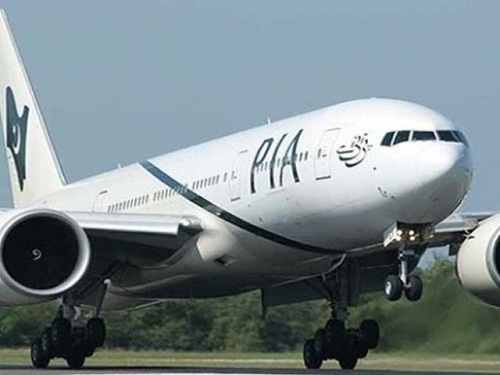By Muhammad Omar Iftikhar
All countries within a region should create avenues for bilateral cooperation. Be it trade, industry, education, or any other domain, such links strengthen ties with other countries in the region and add positive value to the regional geopolitics. Pakistan is situated in a strategic location in South Asia. With the Arabian Sea and the port adding value to its trade activities, it has road links with neighboring countries. The China Pakistan Economic Corridor (CPEC) will also benefit Pakistan’s trade in the region. Pakistan has bilateral and multilateral trade agreements with many nations and international organizations. It is a member of the World Trade Organization, part of the South Asian Free Trade Area agreement, and the China–Pakistan Free Trade Agreement. Recently, Pakistan and Iraq expressed their intentions to augment bilateral ties. This understanding was reached during a meeting between Foreign Minister Shah Mahmood Qureshi and his Iraqi Counterpart Dr. Fuad Hussein in Baghdad. With the era of globalization at its peak, the period of localization is also moving ahead. Where Pakistan and South Asian nations have positive terms with the US and Europe, Islamabad needs to maintain and flourish its ties with the countries located near South Asia. Iran, Iraq, Saudi Arabia, Turkey, Central Asian States, Russia, Sri Lanka, among others must foster smooth terms with Pakistan. This will increase their bilateral ties, create an era of peace and development, and unite the regional countries. Moreover, such regional connections help countries counter any geopolitical threat that may come their way – through a verbal assault, an economic threat, or other. Streamlining such bilateral trades, talks, and agreements is the priority of the foreign minister who must stay over and above the status quo and the competition. He must also carve out a viable strategy to achieve the desired objectives.











